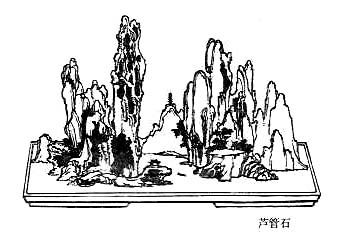Shi Jing 
 – Le Canon des Poèmes
– Le Canon des Poèmes
Le plus ancien recueil connu de poésie chinoise, plus de trois cents chansons, odes et hymnes. Tr. Legge (en) et Granet (fr, incomplète).
Shijing I. 4. (50)
When [Ding] culminated [at night fall],
He began to build the palace at Chu.
Determining its aspects by means of the sun,
He built the mansion at Chu.
He planted about it hazel and chesnut trees,
The yi, the tong, the zi, and the varnish-tree,
Which, when cut down, might afford materials for lutes.
He ascended those old walls,
And thense surveyed [the site of ] Chu.
He surveyed Chu and Tang,
With the high hills and lofty elevations about :
He descended and examined the mulberry trees ;
He then divined, and got a fortunate response ;
And thus the issue has been truly good.
When the good rain had fallen,
He would order his groom,
By starlight, in the morning, to yoke his carriage,
And would then stop among the mulberry trees and fields.
But not only thus did he show what he was ; –
Maintaining in his heart a profound devotion to his duties,
His tall horses and mares amounted to three thousand.
Legge 50

Le Canon des Poèmes – Shi Jing I. 4. (50) – Chinois off/on – Français/English
Alias Shijing, Shi Jing, Book of Odes, Book of Songs, Classic of Odes, Classic of
Poetry, Livre des Odes, Canon des Poèmes.
Le Canon des Poèmes, Les Entretiens, La Grande Étude, Le Juste Milieu, Les Trois Caractères, Le Livre des Mutations, De la Voie et la Vertu, 300 poèmes Tang, L'Art de la guerre, Trente-six stratagèmes
Bienvenue, aide, notes, introduction, table.
Index – Contact – Haut de page
